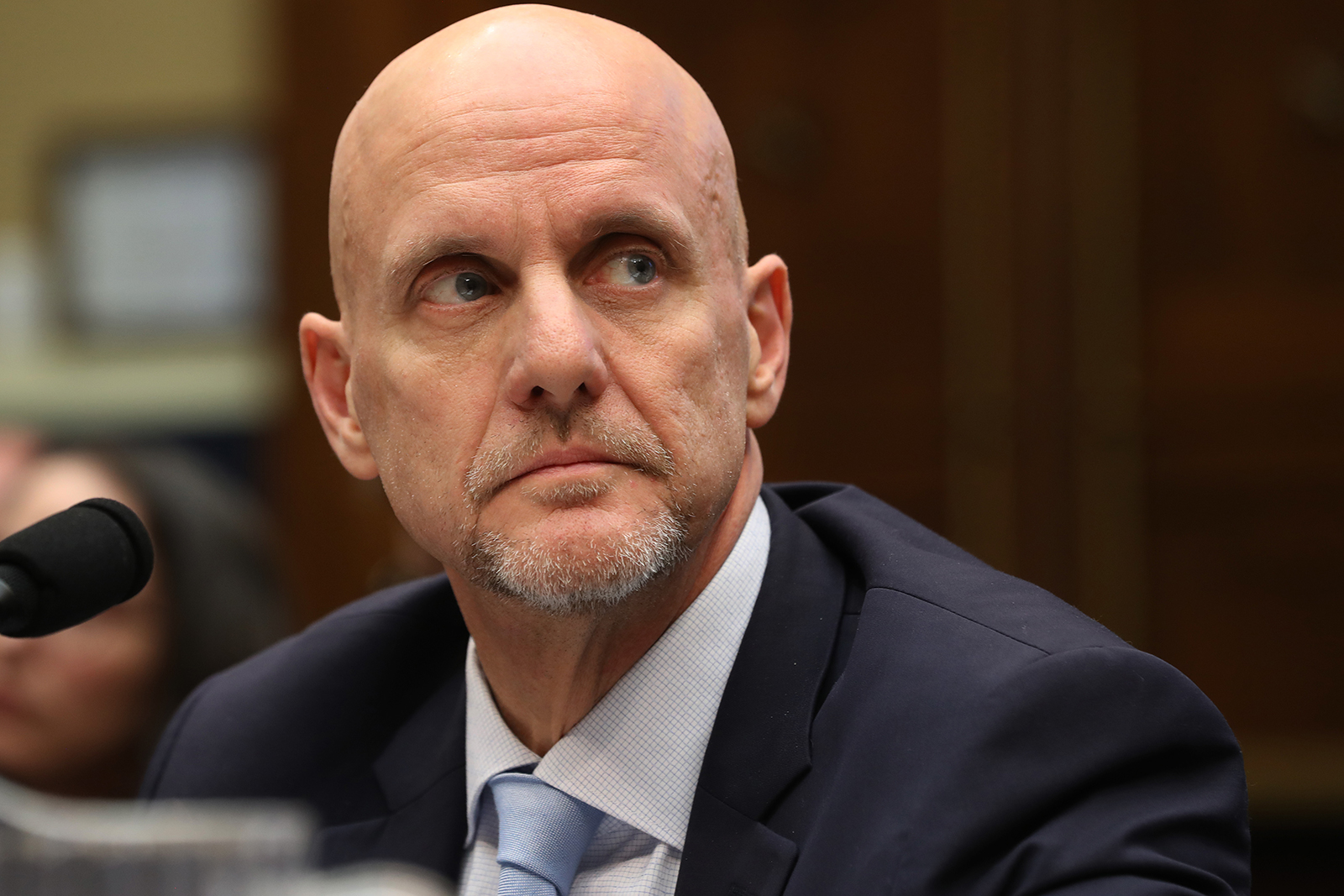Table Of Content

"It's most common in vegans as you can primarily only obtain B12 through animal proteins." A hormonal imbalance can lead to multitude of annoying health and beauty issues, from adult acne to weight gain. If your hormones are out of whack the effects will radiate throughout the whole body (and of course, that includes your hair). Hair loss can also be a side effect of certain medications. The FDA has approved this newer treatment to help with hair growth.

How does female hair loss differ from male hair loss?
Some forms of hair loss are hereditary or caused by illness, so there’s no foolproof way to prevent clumps from falling out. Both overactive and underactive thyroids can make hair fall out in clumps. It can also go hand-in-hand with autoimmune conditions, like alopecia.
10 Hairstyles That Disguise Hair Loss and Thinning - InStyle
10 Hairstyles That Disguise Hair Loss and Thinning.
Posted: Thu, 25 Apr 2024 13:44:00 GMT [source]
Itchy Scalp Causes
Certain health conditions may also cause other symptoms, such as a rash, redness, pain, peeling of the scalp, hair breakage, patch hair loss, or an unusual pattern of hair loss. It’s important to talk to your doctor if you experience any of these symptoms, as they may be a sign of a more serious condition. Male pattern baldness typically involves progressive hair loss above the temples and thinning at the crown of the head, creating an “M” shape. Hair loss related to androgenic alopecia tends to happen gradually. While some people might experience hair loss as early as puberty, others might not notice symptoms until their middle ages.
Which vitamin can help with hair loss?
With age, most people notice some hair loss because hair growth slows. At some point, hair follicles stop growing hair, which causes the hair on our scalp to thin. Being gentle with your hair while it’s experiencing change is important so as not to exacerbate any thinning. It goes without saying that excessive heat and chemical treatments aren’t a good idea, but try and opt for protective hairstyles too. “Opt for hairstyles that minimize tension on the hair follicles, such as loose braids, buns or ponytails,” advises Gaboardi. “Avoid tight hairstyles and hair accessories that pull on the hair and handle your hair with care to minimise breakage and damage.
Some conditions can also lead to an imbalance, where half of the hairs on the head enter the shedding telogen phase. It can take the form of "thinning" or involve a total loss of hair. It can be gradual or sudden; it can affect the old and the young. There are things you can try if your hair loss is causing you distress. But most treatments are not available on the NHS, so you'll have to pay for them. It depends on what type of hair loss you’re experiencing.
Why is my hair falling out? Here's how to treat excessive hair shedding. - USA TODAY
Why is my hair falling out? Here's how to treat excessive hair shedding..
Posted: Wed, 29 Nov 2023 08:00:00 GMT [source]
Hair loss, known medically as alopecia, is fairly common. "Hormones play a huge role in regulating the hair growth cycle" explains Anabel. A common cause of this imbalance is polycystic ovary syndrome (PCOS). It leads to cysts on a woman’s ovaries, along with other signs and symptoms, which can include hair loss. Stopping some types of birth control pills can cause a temporary hormonal imbalance. Women who develop a hormonal imbalance can develop thinning hair (or hair loss) on their scalp.
Medications to treat hair loss
Before pursuing hair loss treatment, talk with your doctor about the cause of your hair loss and treatment options. If you have hair loss due to stress or hormone changes like pregnancy, you may not need treatment. The condition can be caused by many different things; from lifestyle changes, iron deficiency, or even illness. This April marks Stress Awareness month in the US, a calendar moment designed to raise awareness of the pervasive and damaging nature of stress.

Female pattern baldness is largely genetic, affecting hair along the top of a woman’s head. But if your follicles become damaged, the hair loss may be permanent. See your dermatologist if you notice this type of hair loss. The sooner you start treatment, the better the chances for hair regrowth. That said, there are a number of possible medications and treatments for hair loss caused by female-pattern baldness and other alopecias. See your doctor if you are distressed by persistent hair loss in you or your child and want to pursue treatment.
Most start to notice it in their 50s or 60s, but it can happen at any age and for a variety of reasons. Androgenic alopecia causes the normal hair growth cycle to shorten. As a result, hair doesn’t grow as long or thick as it normally would. Some women may even notice hair growth changes after going off hormonal birth control pills. Hormonal changes of any kind, particularly falling estrogen levels, can temporarily disrupt the hair life cycle.
These dermatologists' tips tell you how to protect your skin. If you decide to style your hair with heated tools, only do so when your hair is dry and use the lowest settings possible. It is worth noting that this method is unlikely to benefit or help people with scarring alopecias. They may also order blood tests to check for any nutrient deficiencies or signs of an underlying condition.
Stress causes a large number of hairs in the active hair growth (anagen) phase to abruptly enter the resting (telogen) phase. When the hairs reenter the growth phase, the hairs that had been suspended in the resting phase are suddenly released. Also, if hypothyroidism is left untreated it may result in anaemia, which - as we've just discussed - is another condition that can impact the hair (or lack of it). Signs of hair loss and hair loss conditions vary between men, women and children. However, people of any age or sex may notice more hair collecting in their hairbrush or in the shower drain.
Also, because hair follicles shrink during this time, your hair might be thinner, fall out easier, and grow more slowly. Because hair is constantly falling out and growing, hair loss often goes unnoticed. You're more likely to notice it when a lot of hair enters the resting phase at the same time or if hair roots become damaged during the growth process. Speak with a doctor about any troubling hair loss, shedding, or thinning you may be experiencing. Your doctor can help determine the cause of your symptoms and put together a treatment plan.
Food and Drug Administration (FDA) as a treatment option and is effective in treating androgenic hair loss. Your healthcare provider may suggest taking specific supplements if a nutritional deficiency causes your symptoms. Hormonal therapy may be suggested if there is a hormonal cause for the symptoms.





















